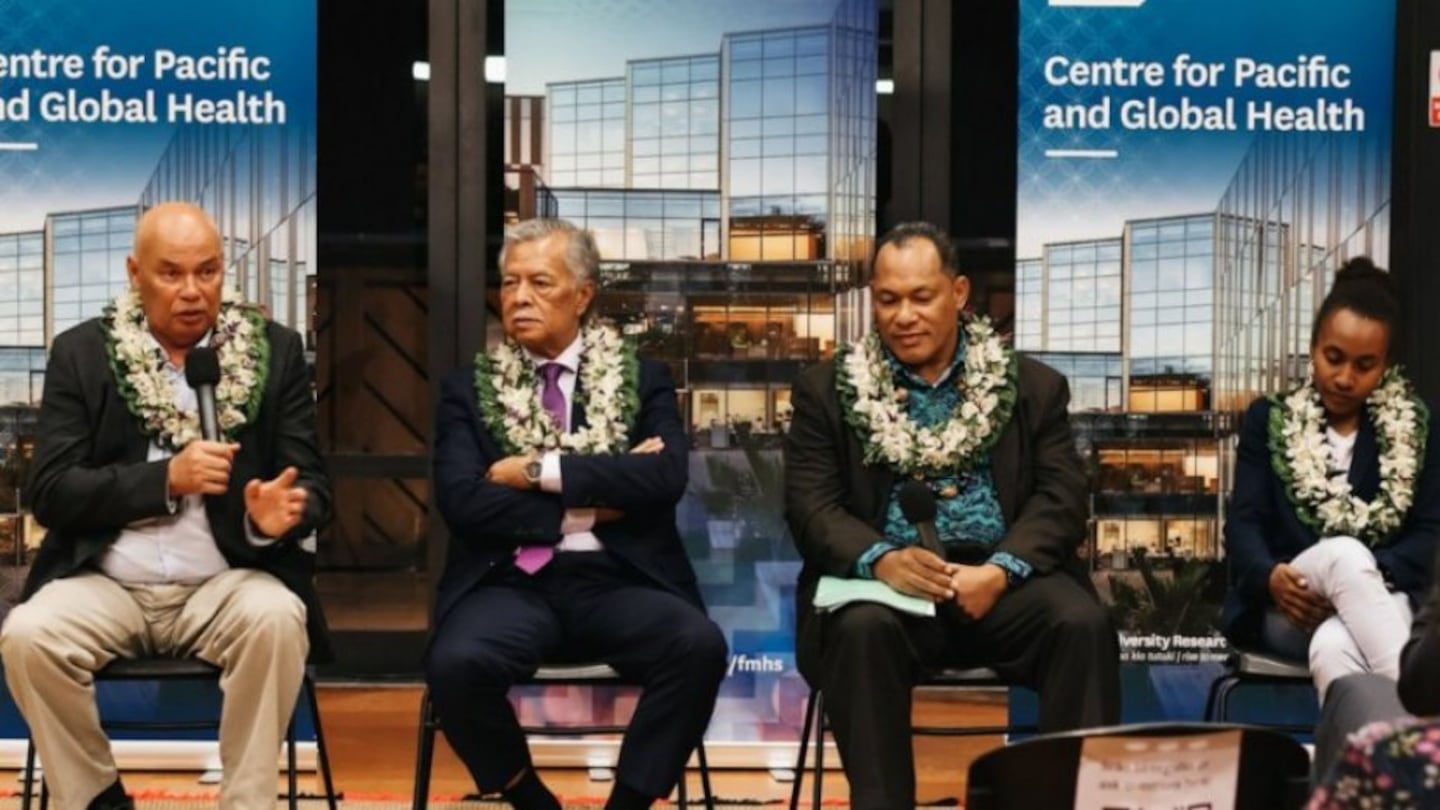The Centre for Pacific and Global Health held its inaugural public seminar this week, focused on fostering Pacific leadership in regionalism and amplifying Pacific voices worldwide.
The event took place at the Fale Pasifika at the University of Auckland (UOA), aiming to facilitate knowledge-sharing among the Pacific from diverse fields.
The overarching goal of the seminar was to develop and empower skilled leaders who can resist external control and influence over the Pacific from larger nations.
Sir Collin Tukuitonga, associate dean and associate professor at the University of Auckland's medical and health sciences faculty, emphasised the significance of collaboration.
“We’re looking for a shared understanding of the importance of leadership, working together even more than they have done in the past to honour their commitments as a region," he says.
During the seminar, four trailblazers took the stage: Henry Puna (Pacific Islands Forum secretary-general and former Cook Islands prime minister), Leota Kosi Latu (former director-general of the Secretariat of the Pacific Regional Environment Programme), Cynthia Houniuhi (president of Pacific Island Students Fighting Climate Change) and Tukuitonga.
Sticking together
They engaged with the audience by addressing inquiries about their work.
Tukuitonga reiterated the necessity of solidarity among small island nations, recognising the challenges posed by larger countries.
"We know human behaviour is never straightforward, hoping these conversations impress upon everyone the importance of working together.
"The problem with small island nations is that the big island nations are going to pick you off one by one and so it's really important to try and stick together," he says.
Houniuhi, a climate change advocate from the Solomon Islands, made a significant contribution to the panel discussions.
She expressed her concern for the impact of climate change on Pacific countries.
What will future be left
"These things are not caused by us, we almost contribute nothing to this. We will be affected not only now but what we leave for our children for when I have kids.
"We have to treasure our ties that come from the ocean, from the land and will I be able to pass on these traditional ties to our people?" she says.
The seminar was financially supported by the UK-based Developmental Leadership Programme, which explores the role of leadership, power dynamics, and political processes in fostering development.
Tukuitonga acknowledged the importance of incorporating the experiences and perspectives of the first people of these communities.
"I think it's really important that the indigenous people, the Māori people's experiences are brought into that mix. It hasn't quite happened in the way that I thought it could happen.
"We've tended to rely on the conventional Ministry of Foreign Affairs approach in the Pacific but I think there is space for indigenous cultural exchanges with Pacific whanau," he says.



